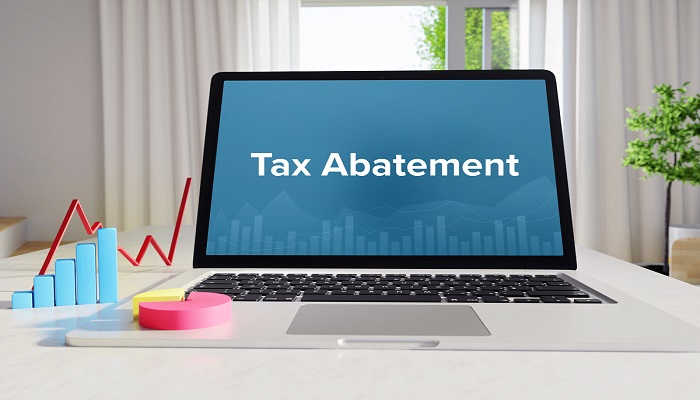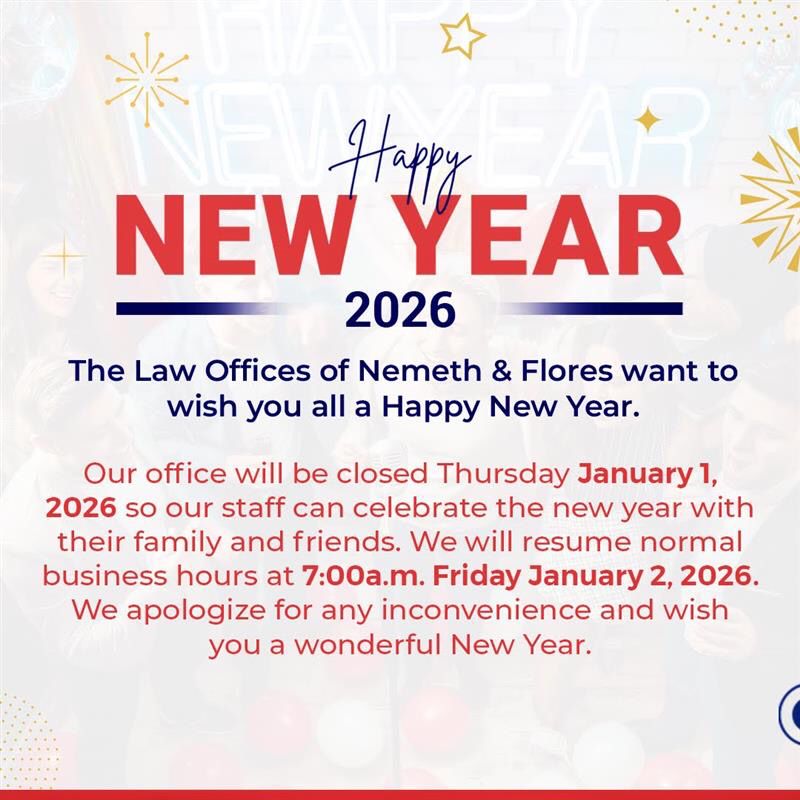
Table of Contents
Paying taxes and filing returns is a responsibility that must be taken care of timeously to avoid any issues with the IRS. Action that can be taken against defaulters include the charging of interest and penalties. While the government agency is quite determined about collecting taxes from defaulters, it offers several options to help taxpayers avoid any severe action that might potentially be taken against them. One of the avenues is IRS interest and penalty abatement.
What is IRS Tax Abatement
Tax abatement refers to getting exemption from penalties that have been levied against you for missing out on payments or not filing returns. While you might get relief from the interest and fines, you still have to pay your taxes, minus any fines. Besides, you must be a compliant candidate that has paid taxes and filed returns on time for the preceding three years to be eligible for IRS penalty abatement.
Penalties That Qualify for Abatement
To ensure taxpayers adhere to tax rules and regulations, the IRS imposes penalties on anyone that fails to comply. If you want to apply for the removal of certain penalties, they should have been levied against you under one of the following circumstances:
- You failed to pay your taxes
- You failed to file a tax return
- You failed to pay the estimated tax in a year
Related Blog Post: Understanding the Types of Penalty Relief Offered by the IRS
Don’t Let IRS Tax Problems Keep You Up at Night
Speak with an experienced tax attorney and take the first step toward peace of mind.
Different Penalty Abatement Options
You can get IRS penalty abatement through the following three main available paths:
You Have A Reasonable Cause
You can get penalty abatement if you have a reasonable cause for breaking the tax code. If there has been a death in the family, natural disaster, fire, or any other disturbance or you are unable to obtain your records, it counts as a reasonable cause. Serious illness, death, or inevitable absence of the taxpayer or any other reason that establishes that you tried your best to adhere to the rules but failed to do so is also considered a reasonable clause. You need to provide documents to validate your reason and increase the odds for abatement.
It Is Your First Penalty
If you have a good record and paid taxes and filed returns timeously and have no penalties levied against you in the last three years of filing, you are eligible to get abatement from penalties. Anyone still in the process of getting their filing requirements or with an extension to file for the current year can apply for penalty abatement as well. Besides, if you have paid or are prepared to pay any tax dues, you can get relief from fines too.
Related Blog Post: A Look at Penalty Relief Due to Reasonable Cause
You Have A Permissible Exception
Numerous criteria would establish whether or not your case is an exception. For example, if you received wrong advice about the tax payment or return filing process, you might qualify for abatement as a permissible exception. As there are quite a few different criteria of the Internal Revenue Service, it is highly recommended to hire a tax attorney to help you determine whether or not your case qualifies as a valid exception.
Interest Abatement Options
The IRS charges interest on all dues daily until you pay the owed amount in full. While the interest is adjusted if you get relief from penalties or pay the due amount, the interest itself cannot be removed by the first-time abatement option or even if you have a reasonable clause. The only eligibility criteria are an unreasonable error or a mistake by an IRS executive in the process of carrying out their duty.
Conclusion
For anyone facing IRS penalties and interest charges, it is highly recommended to contact an experienced tax attorney to help evaluate your eligibility for relief from the extra charges. When looking for a tax attorney in Dallas TX, get in touch with the experts at the Law Offices Of Nick Nemeth. Our team of aces can help determine whether or not you qualify for penalty and interest abatement and walk you through the application process. For answers to all your questions about abatement of penalties and interest and to discuss your case, fill out our “Contact Form” or email jamie@myirsteam.com. You can also give us a call on (888) 890-0523 (Toll Free).



